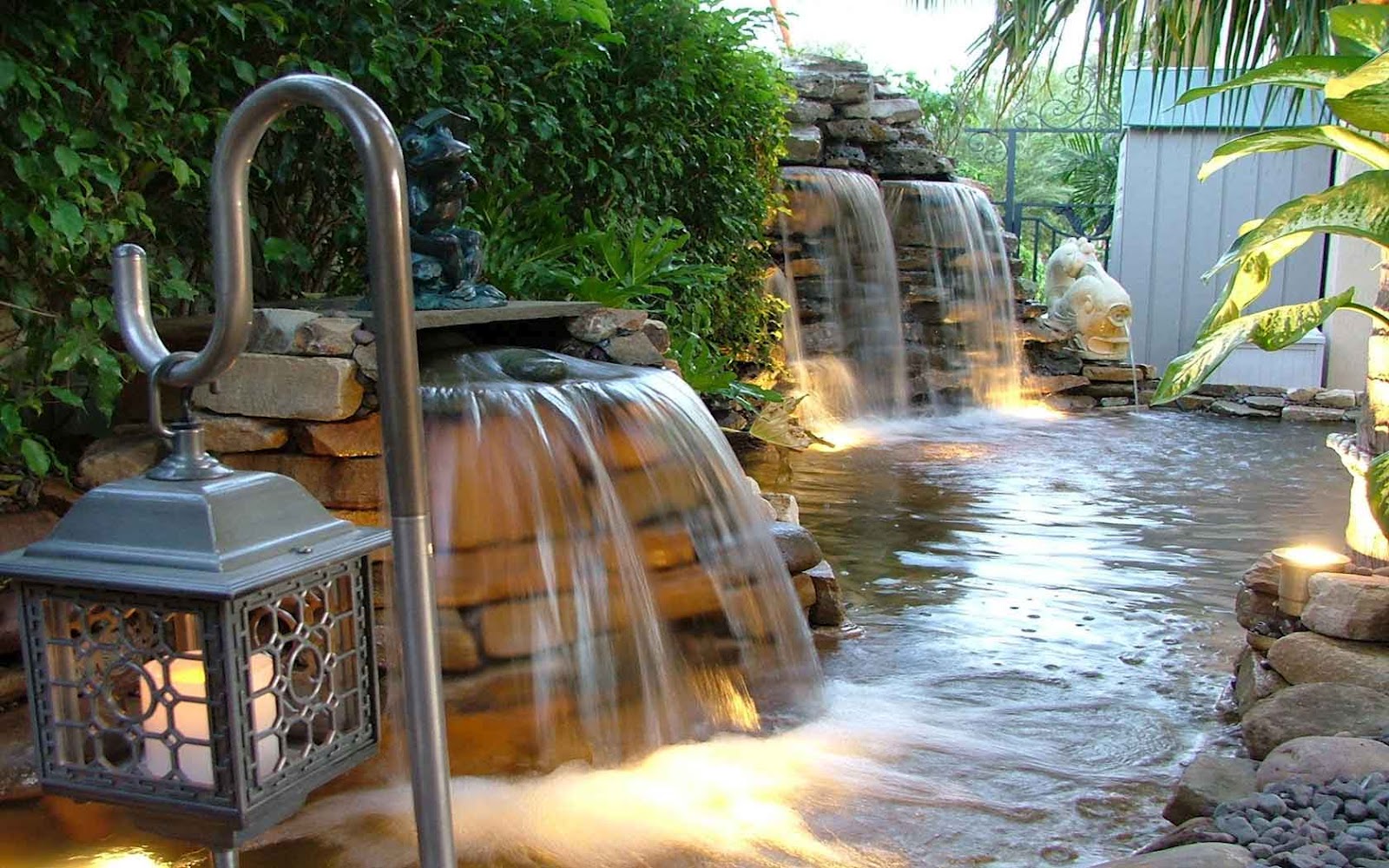
Creating the Perfect Trickle Filter for Your Koi Pond
Introduction
Koi ponds are an excellent addition to any garden or backyard. They add a touch of serenity and beauty to your home. But as with all ponds, it’s essential to keep the water clean and filtered. One of the best ways to do this is by creating your own trickle filter.

What is a Trickle Filter?
A trickle filter, also known as a biological filter, is a type of pond filter that uses bacteria to break down fish waste and other debris. In a trickle filter, water is pumped into a container filled with filter media, where it is exposed to air. The air encourages the growth of beneficial bacteria that work to break down harmful substances and convert them into less harmful compounds.
Why is a Trickle Filter Important for Your Koi Pond?
A trickle filter is vital to any koi pond for several reasons. First and foremost, it keeps the water clean and clear by breaking down harmful compounds. This helps to maintain healthy water conditions for your koi fish. Secondly, a trickle filter also helps to boost oxygen levels in the water, which is essential for koi fish to thrive. Lastly, a trickle filter is low maintenance and can help to reduce the need for frequent water changes, saving you time and money in the long run.
How to Make a Trickle Filter for Your Koi Pond
Making a trickle filter for your koi pond is relatively simple, and you can do it yourself with just a few materials. Here are the steps to follow to create your own trickle filter:
Step One: Gather Your Materials
To make a trickle filter, you will need the following materials:
- A plastic container with a lid (make sure it’s big enough for your koi pond)
- Biofilter media (like bio balls or ceramic rings)
- Silicone sealant
- A drill
- Plastic tubing
- Pump
- PVC pipe

Step Two: Drill Holes in the Container
Next, you will need to drill holes in the plastic container. You should drill holes all around the container to allow water to flow through. Make sure you drill enough holes to provide adequate water flow without compromising the structural integrity of the container.
Step Three: Install the Filter Media
Once you have drilled the holes, it’s time to install the filter media. You can use bio balls, ceramic rings, or any other type of biofilter media that you prefer. Fill the container with the media, making sure that it’s evenly distributed and not packed too tightly. You want to allow for enough air circulation to encourage growth of beneficial bacteria.

Step Four: Install the Tubing
The next step is to install the plastic tubing. You will need to install the tubing in the bottom of the container, so it sits just above the filter media. Make sure that the tubing is long enough to reach the bottom of your pond. You can use PVC pipes to connect the tubing to the pump.

Step Five: Seal the Container
Once you have installed the tubing, it’s time to seal the container. Use silicone sealant to seal the lid of the container to prevent any water from leaking out.

Step Six: Connect the Pump
The last step is to connect the pump to the plastic tubing. You can use PVC pipes to connect the tubing to the pump. Make sure that the pump is submersible and that it’s powerful enough to circulate water through the filter media. Place the pump in your pond and turn it on to start the water flow through the trickle filter.

Final Thoughts
Creating a trickle filter for your koi pond is a simple DIY project that can help to keep your water clean and healthy for your fish. By following the steps outlined above and using the right materials, you can create a trickle filter that will work for years to come. Remember to clean your filter media periodically to maintain optimal water conditions for your koi fish.